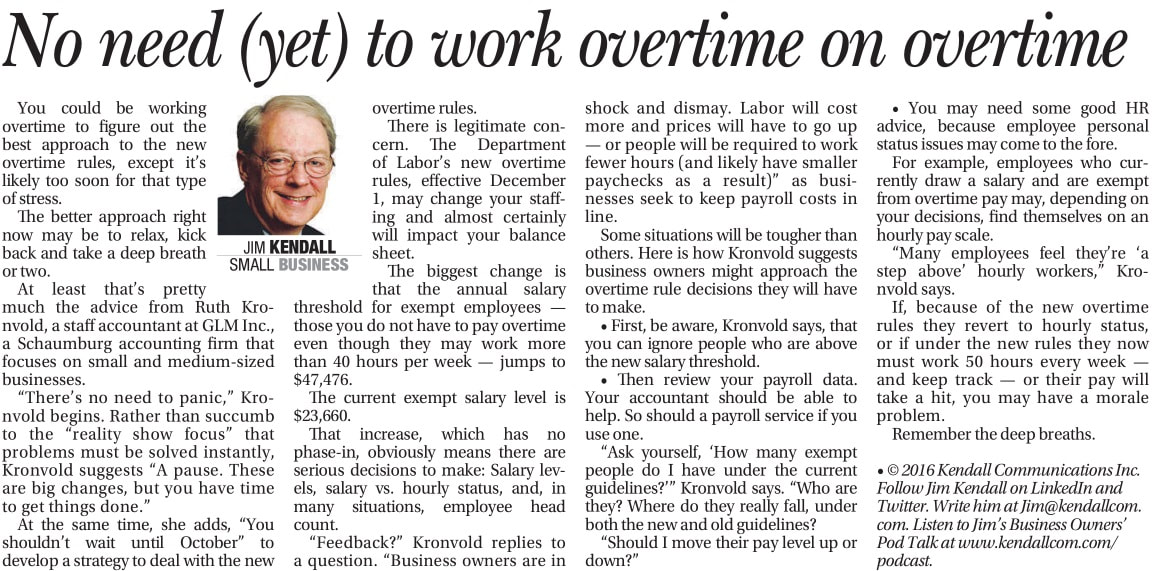 An important element of value, when it exists, is goodwill. The IRS defines goodwill in its Revenue Rule 59-60, stating, “In the final analysis, goodwill is based upon earning capacity. The presence of goodwill and its value, therefore, rests upon the excess of net earnings over and above a fair return on the net tangible assets.” While the element of goodwill may be based primarily on earnings, such factors as the prestige and renown of the business, the ownership of a trade or brand name, and a record of successful operation over a prolonged period in a particular locality, also may furnish support for the inclusion of intangible value. In some instances, it may not be possible to make a separate appraisal of the tangible and intangible assets of the business. The enterprise has a value as an entity. Whatever intangible value there is, which is supportable by the facts, may be measured by the amount by which the appraised value for the tangible assets exceeds the net book value of such assets.” Back in June 2016, one of GLM's Accountants was quoted in a article in the Daily Herald Business Section Article (see below). Ruth Kronvold said that there was no need to panic and to take the time to get the things done. Ruth takes the helm of this Blog to discuss the Overtime Rule Changes that took effect May 18th when the Department of Labor released the final overtime rule changes for white collar workers. The new salary threshold is $47,476 per year or $913 per week. Companies have until 12/1/16 to comply with this. As of 12/1/16 anyone making less than $47,476 should be paid overtime regardless of their position or duties. Anyone making over $47,476 will still need to pass the other components of the overtime exemption duties test to be considered exempt. Companies that have salaried employees under this level will need to know and may need help with strategies for making the change. There is also a change to the exemption salary for Highly Compensated Employees. The salary threshold is now $134,004 per year (up from $100,000). Both these salary levels are set to increase every three years going forward, with the next increase set for 1/1/2020. Yes, this can be overwhelming, but your accountant should be able to help answer your questions about this. If they cannot, feel free to contact GLM. Useful Links: https://www.dol.gov/whd/overtime/final2016/ https://www.shrm.org/legalissues/federalresources/pages/overtime-rule-hub.aspx https://www.dol.gov/WHD/foremployers.htm#factsheets Ruth Kronvold [email protected] 847-884-1781 x33  Financial Buyer Financial buyers are generally influenced by a demonstrated return on investment, coupled with their ability to get financing on as large a portion of the purchase price as possible. Working on the theory that debt is the lowest cost of capital, these buyers purchase businesses with the sole purpose of making the maximum amount of money with the least amount of their capital invested. No matter which buyer types is interested in your business, when it comes to ownership transfer, the highest price bid may not be the best deal for you. A number of critical issues could override a decisive price difference among competing bids:
 The strategic, synergistic and industry buyers are similar so I have put them together in this blog post. Strategic buyer This buyer is usually a company, having as its goal entering new markets, increasing market share, gaining new technology, or eliminating some element of competition. In essence, it is part of this buyer’s “strategy” (hence the name) to acquire other businesses as part of a long-term plan. Strategic buyers can be either in the same business as the company under consideration, or a competitor. Synergistic buyer Synergy means that the joining of the two companies will produce more, or be worth more than just the sum of their parts. Example: A large real estate company purchases a mortgage company. It can now use its existing customers (those who buy homes) and offer them the mortgage funds to finance their purchases. Industry buyer This type is often a competitor or a highly similar operation. This buyer already knows the industry well and, therefore, does not want to pay for the expertise and knowledge of the seller. These buyers will pay for assets (but probably not what the seller thinks they are worth); they will not pay for goodwill, covenants not to compete, or consulting agreements with the seller. |
GLM's BlogIn true blog fashion, the last parts are at the top of the page. Scroll all the way down and work your way back up to read them in order.
Tom GoscheTom is the Business Development Manager for GLM. If you are interested in learning more about GLM's services, contact him: 630-675-8971
[email protected] Archives
July 2024
Categories
All
|




 RSS Feed
RSS Feed


